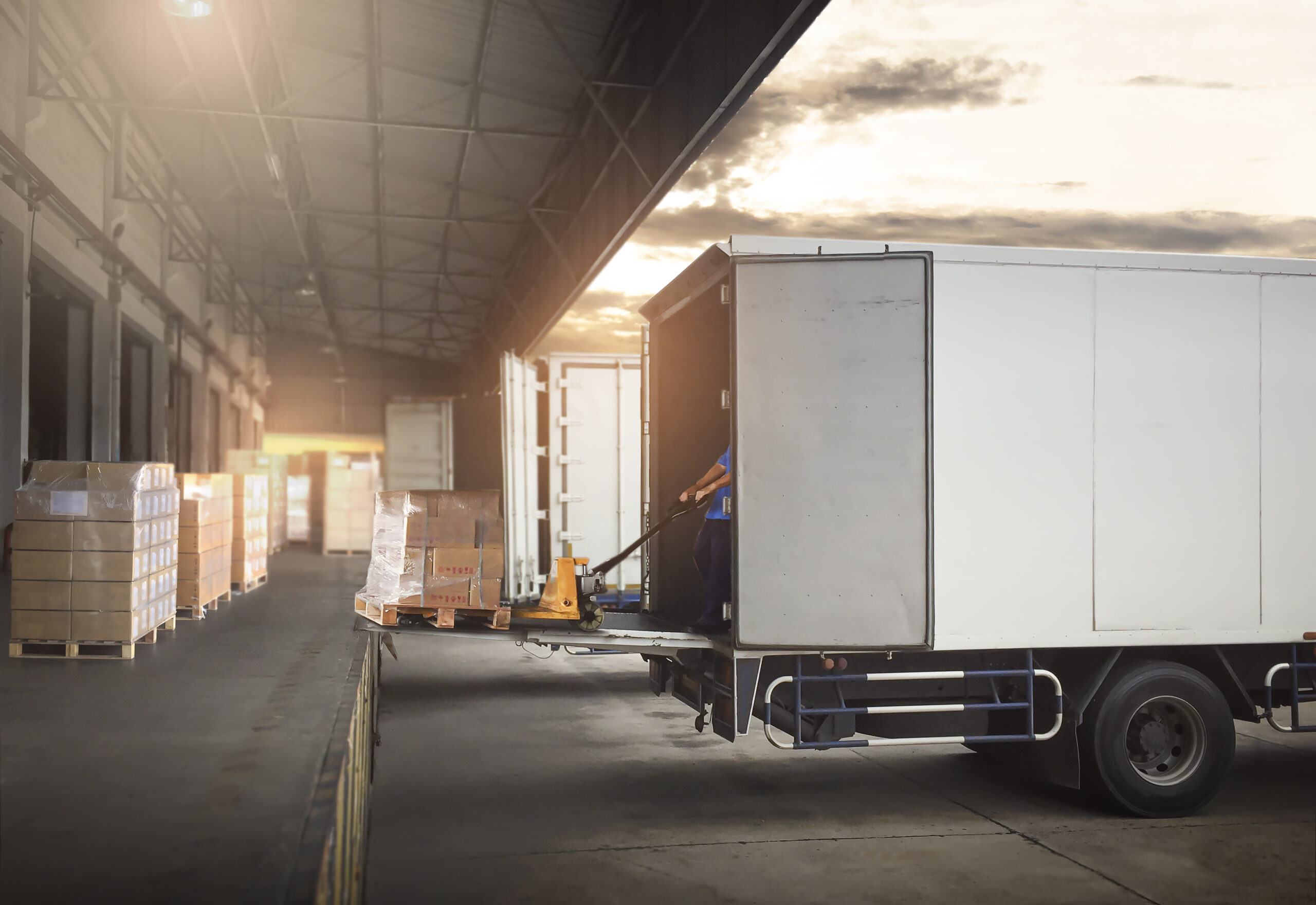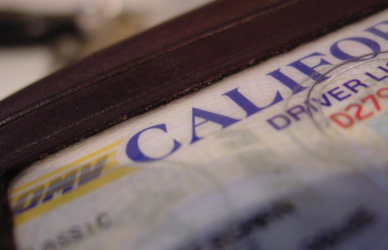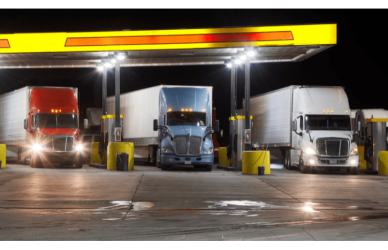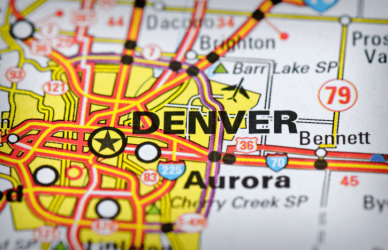As residents flee the windy streets of Florida, truckers take action to haul emergency items to areas impacted by Hurricane Ian. FreightWaves CEO Craig Fuller mentions that the way truckers heed that call has a huge impact on when, how, and how much they get paid. “Hurricane-relief loads offer an opportunity for trucking companies to demonstrate to the public how critical trucking is, regardless of the challenges a mission might be,” Fuller told FreightWaves on Monday.
Governor Ron DeSantis has already declared a state of emergency and is urging everyone to be as prepared as possible. Brokers advertise the jobs for hauling Federal Emergency Management Agency (FEMA) loads and Fuller wants to give truckers some advice as to how to consider these hauls. As many wait for the unpredictable landfall of the hurricane truckers can expect to see plenty of loads of bottled water and preparation supplies like plywood, gas cans, duct tape, batteries, and flashlights to be sent to pre-staging areas, Fuller said.
Here’s what to expect when hauling FEMA loads:
– Ensure that daily detention rates are built into your confirmation sheet. It could take days or weeks before trucks are unloaded which could become costly if detention pay isn’t built in.
– Be prepared for slow payment as freight brokers must submit paperwork to FEMA before paying anyone.
– Prepare for chaos at staging areas as critical supplies are going to be at a high demand.
Fuller said drivers should stock up on groceries, prepare for possibly no cellphone service and rely on their CB radios in preparation for long waits. Fueling up prior to entering the pre-staging area is critical as many fueling stations are typically closed because of high winds or flooding.
“Hurricane relief is the biggest dog-and-pony show you will ever see in trucking,” Fuller said. “But there is a certain satisfaction in being able to help people who are suffering.”








